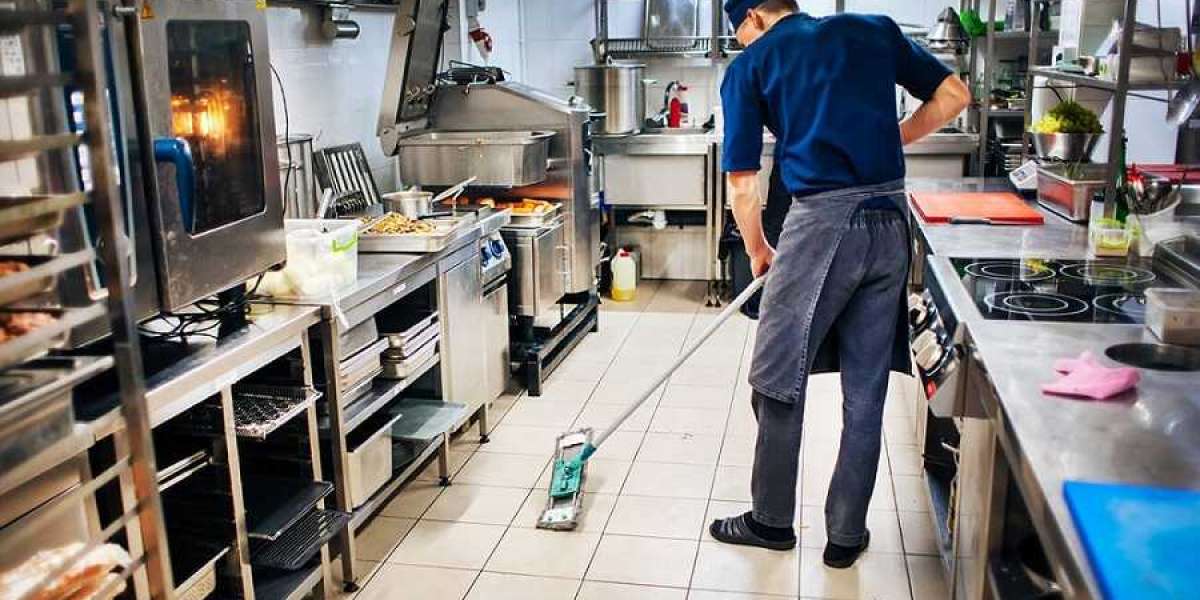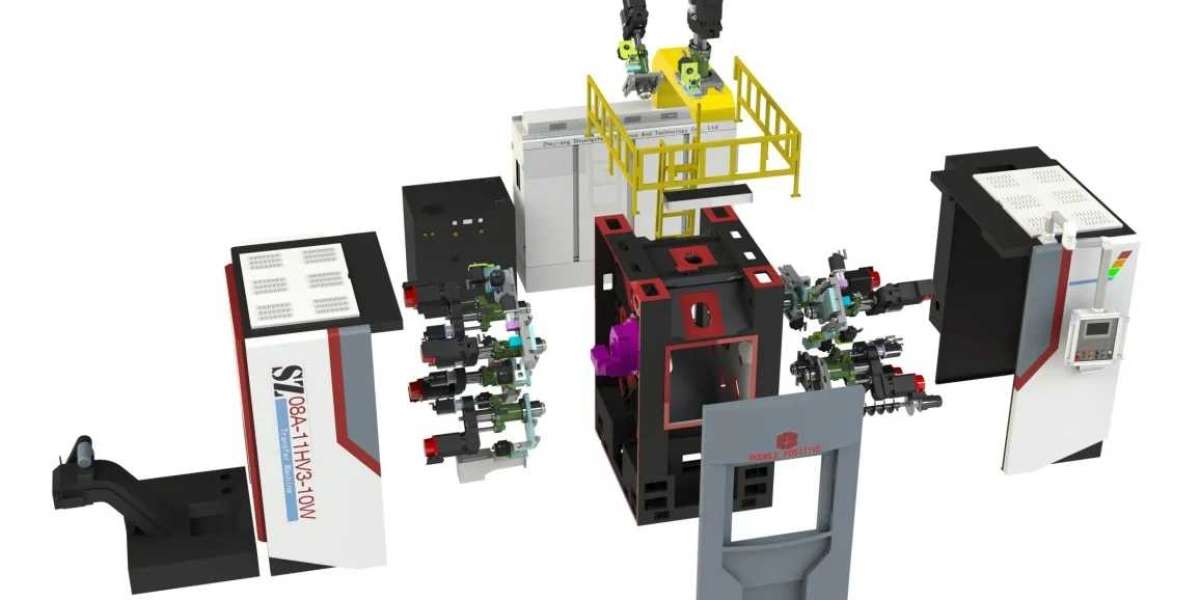Grease trap cleaning is a critical aspect of maintaining a safe and hygienic kitchen environment, particularly in commercial kitchens. A grease trap helps to prevent oils, fats, and grease from clogging plumbing systems and creating unpleasant odors. However, without regular maintenance and cleaning, grease traps can become ineffective and lead to costly repairs, health hazards, and environmental concerns. Utilizing environment cleaning services ensures proper grease trap cleaning, reducing these risks and promoting a cleaner, safer kitchen environment.
When it comes to grease trap cleaning, it is essential to choose the right service provider to ensure your kitchen operates smoothly. Below, we’ll outline key factors to consider when selecting a grease trap cleaner.
1. Understanding the Importance of Regular Grease Trap Cleaning
Before diving into how to choose a grease trap cleaner, it’s essential to understand the significance of proper cleaning. Over time, accumulated grease can block the trap, causing:
- Clogged drains that lead to slow water flow and potential backups
- Unpleasant odors that can impact the cleanliness of your kitchen
- Health risks due to bacteria growth in a dirty trap
- Potential fines for not adhering to local regulations
By hiring a reputable grease trap cleaner, you can avoid these issues and keep your kitchen running efficiently.
2. What to Look for in a Grease Trap Cleaner
When selecting a grease trap cleaning company, there are several key factors to keep in mind:
2.1. Experience and Reputation
One of the most important aspects of choosing a grease trap cleaning service is the company’s experience and reputation. Look for a company with a proven track record in handling grease traps, particularly in commercial kitchens. A well-established company will be familiar with the best practices and industry standards.
- Check reviews and testimonials:
Online reviews or word-of-mouth recommendations from other restaurant owners can help gauge a company’s reliability. - Ask for references:
A reputable service provider should have no issue sharing references from past clients.
2.2. Knowledge of Local Regulations
Grease trap cleaning services should be familiar with the local regulations that govern the disposal of grease and waste. In Dubai, for example, grease traps must be cleaned regularly to avoid clogging and contamination of water systems. Your chosen company should:
- Be aware of local regulations for grease trap maintenance.
- Provide documentation or reports after cleaning to comply with these regulations.
2.3. Specialized Equipment
The quality of the cleaning equipment used is another important consideration. A reputable grease trap cleaning company should have access to modern, specialized tools that can clean traps effectively without damaging them. Ensure that they use:
- Vacuum pumps to remove grease and debris
- Hydro-jetting systems for thorough cleaning and flushing
- High-powered degreasers that break down oil and fat buildup
By using the right equipment, a cleaning company can ensure a more efficient and comprehensive service.
2.4. Environmental Responsibility
In today’s world, environmental responsibility is more important than ever. Choose a company that follows eco-friendly practices when cleaning and disposing of grease and waste. They should:
- Properly dispose of waste in accordance with environmental regulations.
- Use biodegradable cleaning products to minimize the impact on the environment.
A company committed to environmental responsibility not only helps protect the planet but also enhances the image of your business.
3. Service Coverage and Availability
3.1. Frequency of Service
Grease trap cleaning schedules vary depending on the volume of grease your kitchen produces. High-traffic kitchens, such as those in restaurants, may need more frequent cleanings than smaller operations. When evaluating a grease trap cleaning company, make sure they offer:
- Flexible service schedules that suit your business hours.
- Emergency cleaning options in case of unexpected clogs or issues.
3.2. Location and Response Time
The location of the cleaning service is also an important factor. Choose a company that is easily accessible and can respond quickly when needed. This will ensure minimal disruption to your kitchen operations.
- Local companies are often the best option as they have a better understanding of local regulations and can offer quicker response times.
- Make sure they can handle emergency cleanings if your kitchen is facing an urgent problem.
4. Cost Considerations
While it’s essential to select a grease trap cleaning company based on quality, the cost is also an important factor. The cost of grease trap cleaning can vary depending on the size of the trap, the cleaning frequency, and the company’s reputation. However, it’s essential to ensure that:
- You request quotes from multiple service providers to compare pricing.
- Be wary of extremely low-cost options, as they may offer subpar service or use less effective equipment.
Consider the long-term value and benefits of choosing a reliable service provider that ensures proper cleaning and prevents costly repairs down the road.
5. The Cleaning Process
A typical grease trap cleaning process generally follows a few key steps:
- Inspection and Assessment: The cleaning service will first assess the condition of your grease trap to determine the level of cleaning required.
- Grease Removal:
Using specialized pumps, the company will remove accumulated grease and debris from the trap. - System Flushing:
The trap will be flushed to ensure any remaining grease and solids are thoroughly removed. - Disposal:
The waste will be properly disposed of according to environmental regulations. - Final Inspection:
After cleaning, the service provider will conduct a final inspection to ensure the trap is in optimal condition.
6. Conclusion
Choosing the right grease trap cleaning company is essential for maintaining the functionality of your kitchen’s plumbing system and ensuring a safe, clean environment for food preparation. By considering factors such as experience, environmental responsibility, equipment quality, and service availability, you can select a service provider that meets your needs.
Remember that regular maintenance and cleaning not only prevent clogs and bad odors but also ensure that your business stays compliant with health and environmental regulations. By making an informed decision, you can protect your kitchen, reduce costs, and keep your operation running smoothly.


